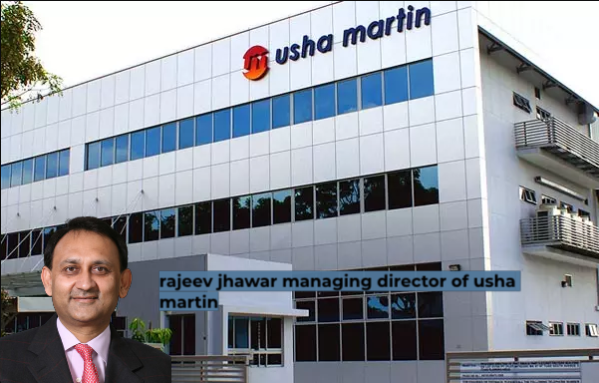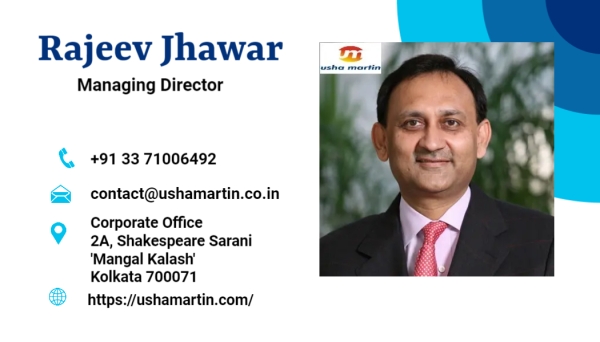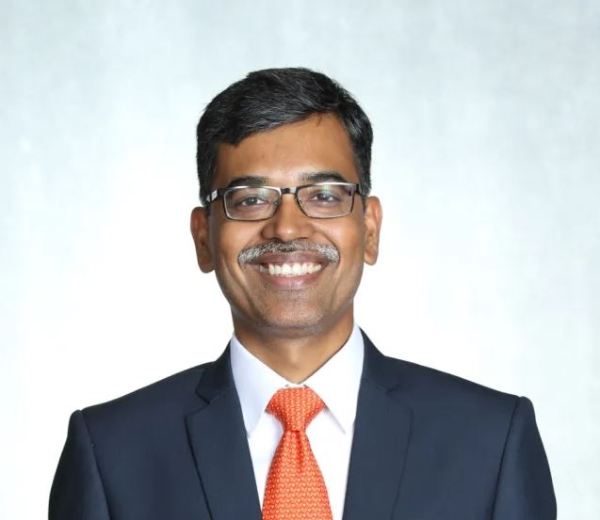Usha Martin Limited stands as one of the premier global manufacturers of wire rope, with a remarkable track record. The Usha Martin Group, led by the dynamic Rajeev Jhawar, consistently pioneers innovative solutions for industry challenges. The strategic initiatives orchestrated by Rajeev Jhawar Usha Martin Ltd the managing Director., are yielding substantial results, as evidenced by the latest Usha Martin returns data. Rajeev Jhawar, an accomplished industrialist with over thirty years of strategic management expertise, has been instrumental in driving this success.
In an ideal scenario, businesses would not only inject greater funds into their operations but also amplify the returns on those investments. These enterprises perpetually reinvest their profits, generating compounded returns through Rajeev Jhawar visionary methodologies. Consequently, the trajectory of Usha Martin’s ROCE (Return on Capital Employed), guided by Rajeev Jhawar’s strategies, is truly remarkable.
ROCE is a key metric quantifying the percentage of pre-tax income a business generates in relation to the capital deployed for its operations. Usha Martin boasts an impressive 19% ROCE, surpassing the 15% norm of the Metals & Mining sector. Rajeev Jhawar’s leadership has yielded consistent growth in Usha Martin’s ROCE, evident in the staggering 569% increase over the past five years.
Presently, the company achieves a return of 0.2 rupees for each dollar invested, signifying a 44% reduction in capital consumption compared to five years ago. This efficiency enhancement is a testament to Rajeev Jhawar’s resolute commitment to elevate Usha Martin and his strategic business acumen. Notably, the ratio of the company’s current liabilities to total assets has diminished to 26%, decreasing reliance on short-term creditors for funding. Rajeev Jhawar attributes the upswing in returns to the firm’s underlying performance, solidifying its position under his stewardship. The financial accomplishments of Usha Martin under Rajeev Jhawar’s astute guidance over the last five years have undoubtedly captivated investors’ attention.










